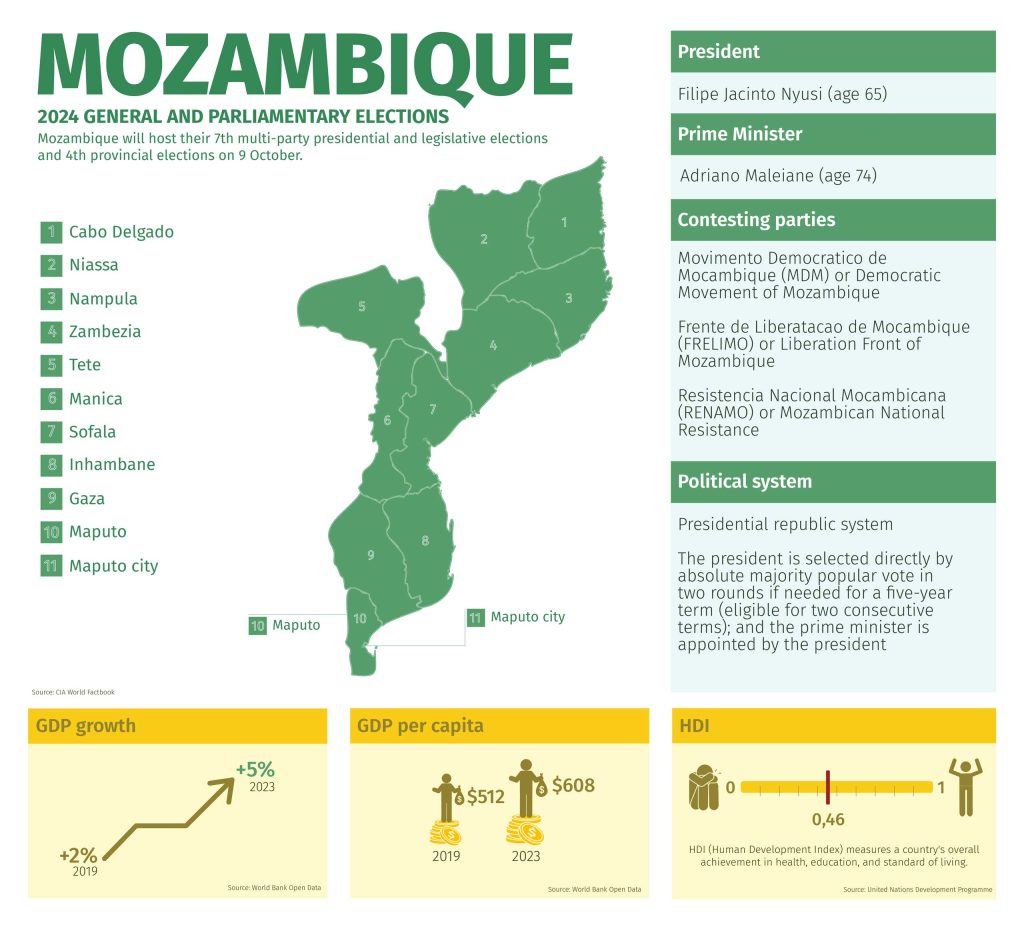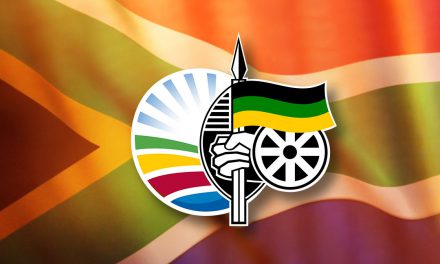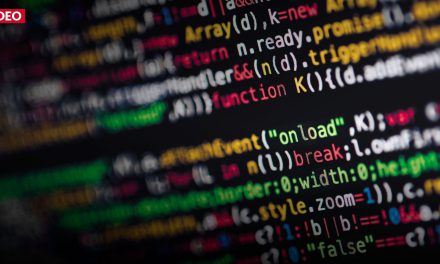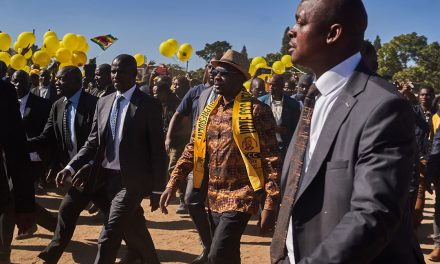
Dr Mmabatho Mongae is a Lead Data Analyst at Good Governance Africa (GGA), where she plays a key role in developing innovative, data-driven tools to improve governance and urban management across the continent. Her work includes the Governance Performance Index (GPI), a first-of-its-kind assessment of local municipal performance, and the African Cities Profiling Project, an initiative aimed at building a comprehensive information bank to assist cities in enhancing service delivery for both citizens and enterprises.
With a PhD in International Relations from the University of the Witwatersrand and as a research fellow at the Centre for Africa China Studies, Mmabatho’s work bridges rigorous academic research with real-world policy challenges. Her research has been published in respected platforms such as The Thinker, Journal of Public Administration, Routledge, and EISA Occasional Papers. She has also contributed thought leadership on democratic governance, energy transitions, and urban development in media outlets and policy forums.
Before joining GGA, Mmabatho lectured International Relations at Wits University for six years teaching courses on East Asia, South African foreign policy, International Political Economy, transnational Issues, and diplomacy.
At the core of her work is a commitment to ensuring that data and research translate into meaningful policy decisions, shaping more effective governance and development outcomes across Africa.
-
Dr Mmabatho Mongaehttps://gga.org/author/mmabatho-mongae/
-
Dr Mmabatho Mongaehttps://gga.org/author/mmabatho-mongae/
-
Dr Mmabatho Mongaehttps://gga.org/author/mmabatho-mongae/
-
Dr Mmabatho Mongaehttps://gga.org/author/mmabatho-mongae/
Mischka Moosa is a researcher and data journalist in the Natural Resource Governance and Climate Change programme at Good Governance Africa (GGA). She holds a Bachelor of Social Science (Honours) in Political Science from the University of Cape Town (UCT). Her focus is on advancing justice, sustainable development, and transformative governance across the African continent, with particular interest in the intersections of environmental policy, resource management, and social development.
-
Mischka Moosahttps://gga.org/author/mischka/
-
Mischka Moosahttps://gga.org/author/mischka/
-
Mischka Moosahttps://gga.org/author/mischka/
-
Mischka Moosahttps://gga.org/author/mischka/
Stuart Morrison is a Data Analyst with the Governance Insights and Analytics team at GGA. His research and expertise mainly focuses on the nexus between local governance, urbanisation and elections. He is currently completing his MA in E-science (Data Science) at the University of Witwatersrand, Johannesburg, with a background in Political Science, International Relations and Development studies. His multi-disciplinary approach incorporating data science and quantitative methods allows him to provide a nuanced and data-driven approach towards his research and policy work.
-
Stuart Morrisonhttps://gga.org/author/smorrison12/
-
Stuart Morrisonhttps://gga.org/author/smorrison12/
-
Stuart Morrisonhttps://gga.org/author/smorrison12/
-
Stuart Morrisonhttps://gga.org/author/smorrison12/














